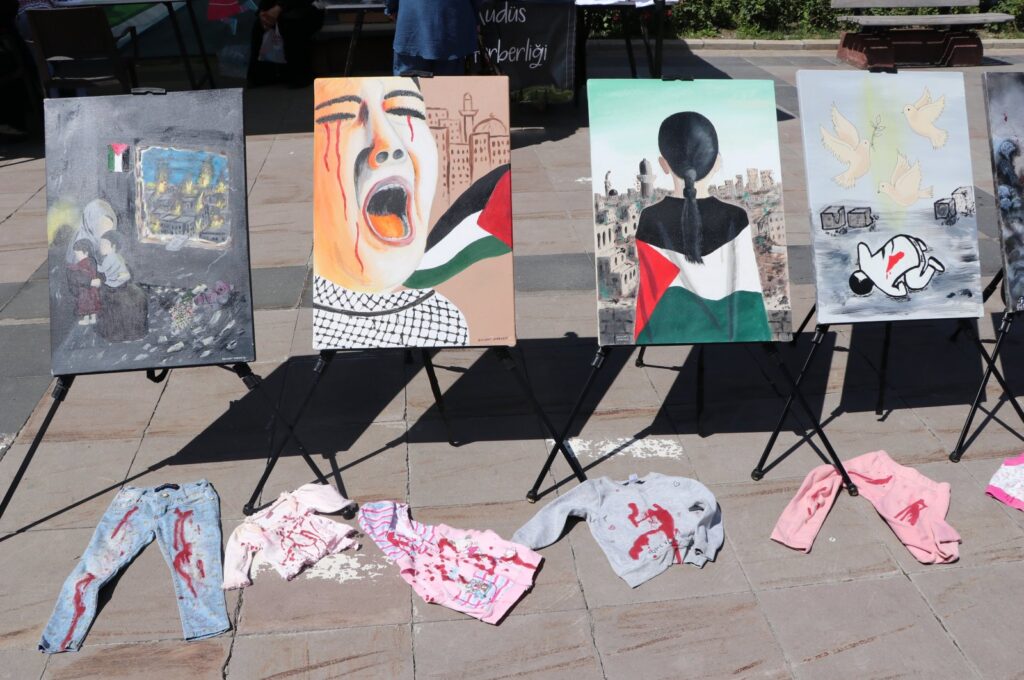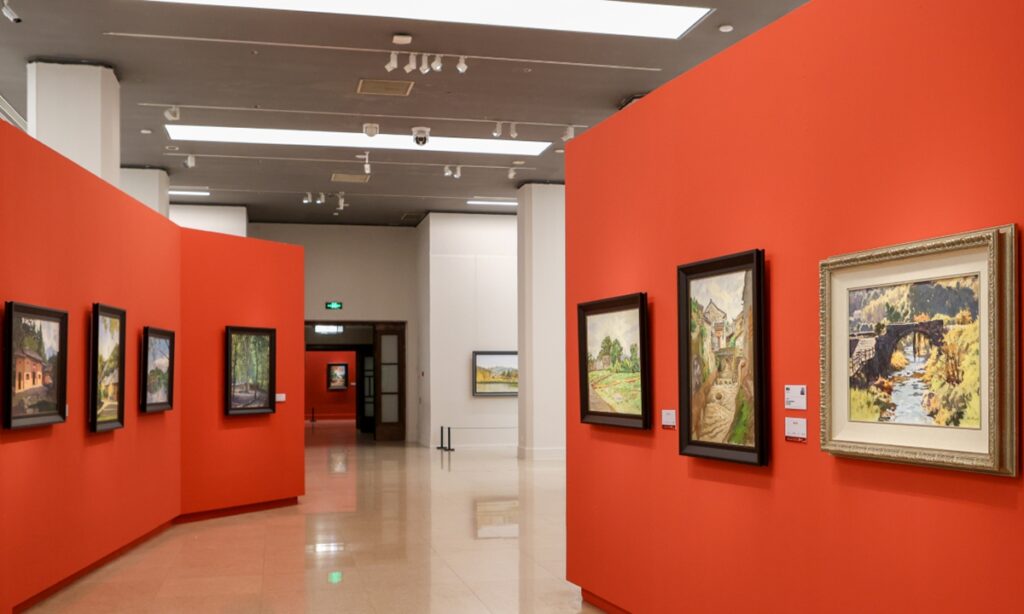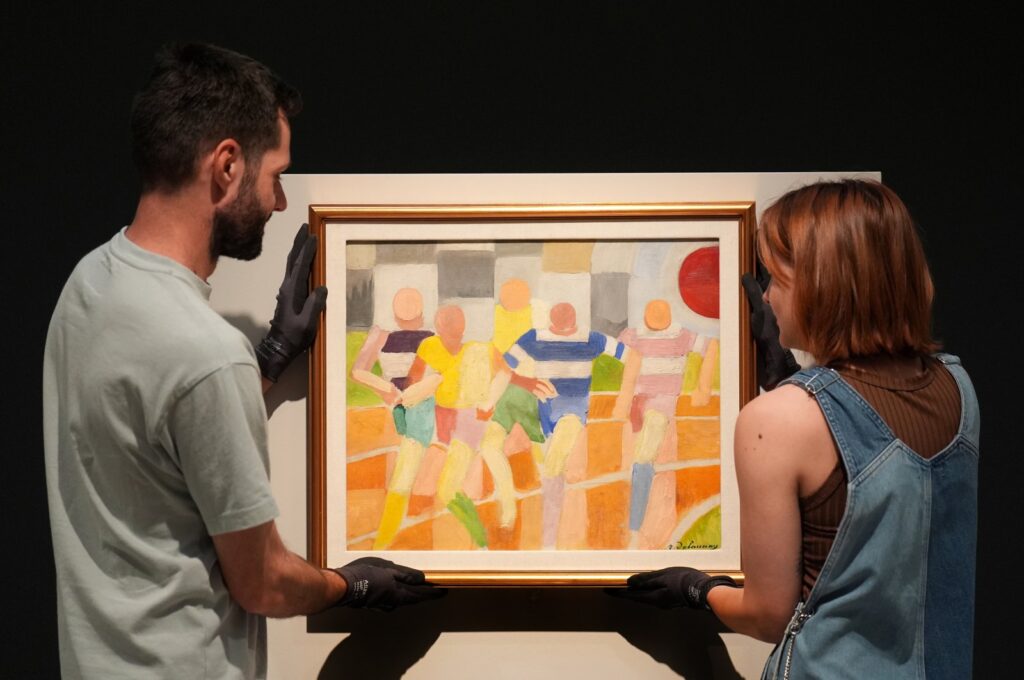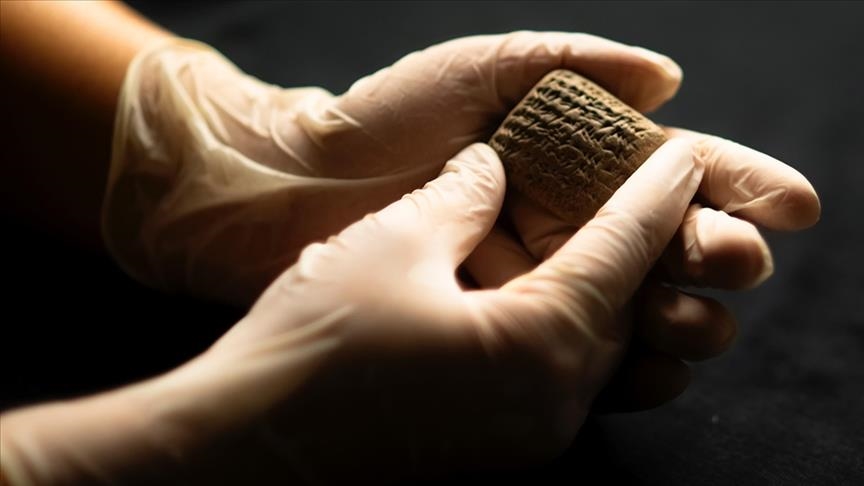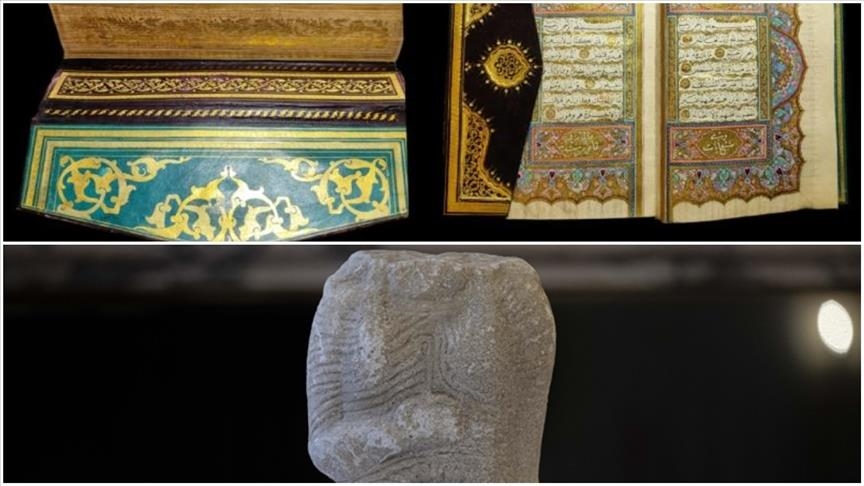
VAN, Turkey (AA): Turkish and Mongolian scientists are working to find the remains of a summer palace and settlement thought to have been built by the Mongol Ilkhanid State ruler Hulagu Khan in the Çaldıran district of eastern Turkey’s Van province in the 1260s.
A team of five, comprising of Ankbayar Danuu, director of the Turcology Research Institute within the National University of Mongolia, together with a historian, archaeologist, art historian, Sinologist and Turcologist, have launched an attempt to start a study in Van, with the contribution of Izmir Katip Çelebi University Turkic Studies Application and Research Center Director professor Şaban Doğan, upon information in historical sources that Hulagu Khan built a summer palace in Çaldıran between 1260-1265.
In this context, a team of eight experts, including Turkish and Mongolian scientists, have started archaeological surveys on the Çaldıran Plain under the leadership of professor Ersel Çağlıtütuncigil, head of Izmir Katip Çelebi University Turkish-Islamic Archeology Department.


Caravanserai, ceramic kiln
The scientists, who came to the city with the permission of the General Directorate of Cultural Heritage and Museums of the Ministry of Culture and Tourism, examined the artifacts found in the Van Museum thought to be used in the palace built by Hulagu Khan.
Later, the team came to the Çaldıran Plain, where the artifacts were first found, and discovered remains of a new caravanserai, ceramic kiln and ceramics from the Ilkhanid period during their surveys in the region. It was determined that the caravanserai, located on the historical Silk Road route and considered to be used by different civilizations, was not registered in the cultural assets inventory.
Professor Çağlıtütuncigil told Anadolu Agency (AA) that they are carrying out the studies within the Turcology Research Institute, which was established in partnership with Turkey and Mongolia.

Noting that they are trying to reach a whole by combining clues like a detective in the research area, Çağlıtütuncigil said: “We have found a very important caravanserai. There are some building remains that indicate the existence of a city here. Research shows that the city was founded to the east of the caravanserai. We have discovered many pottery artifacts in the area of the city. Similar examples of these ceramics can be only seen in Karakorum, Mongolia. Therefore, this data clearly shows that there is an Ilkhanate structure in Anatolia.”
Touching on sources that indicated Hulagu Khan had a church built for his wife, Doquz Khatun, the professor added: “Probably that church is around here too. Beyond the caravanserai is the kiln where the ceramics were fired, and there are many structures that we have not yet understood.” Noting that the summer palace built by Hulagu Khan may also be in the same region, Çağlıtütuncigil emphasized that the artifacts to be unearthed with the planned excavations are important for both Anatolian and Mongolian history.
The professor said that the work had a serious impact in Mongolia. “Especially the president and parliament speaker of Mongolia are greatly interested in this issue. No Ilkhanid work has been encountered until now. In this sense, this study was a first. It excited us and our friends from Mongolia.”
The post Turkish, Mongolian scientists trace Ilkhanid palace in Turkey’s Van appeared first on The Frontier Post.



